A year after Hurricane Maria, federal government should learn from failures in Puerto Rico: OPINION
The authors say the government should learn from mistakes made in Puerto Rico.
We do not yet know the full extent of the damage that Hurricane Florence will leave behind, as the death toll crests 30 and the rivers continue to rise.
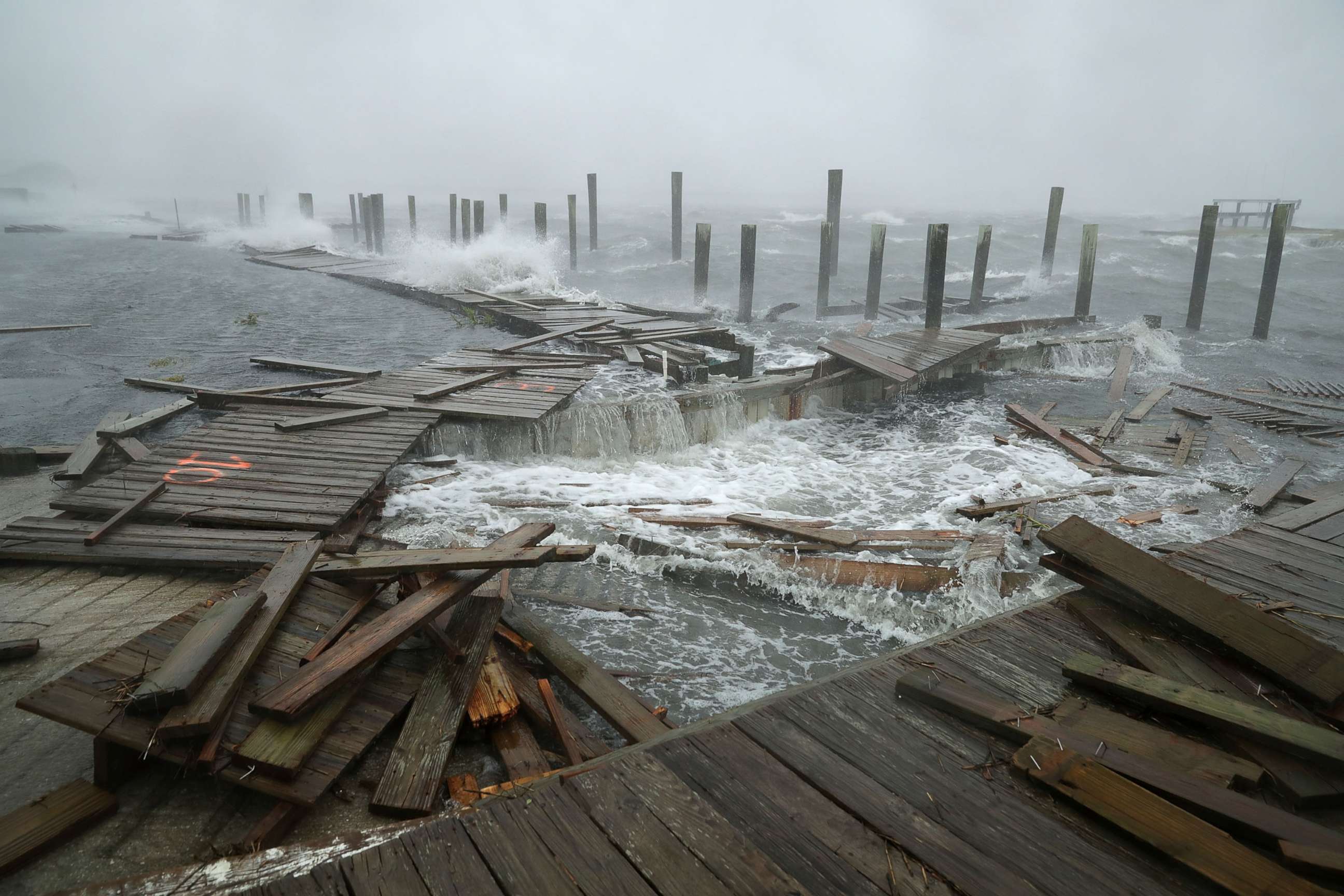
What we do know is that a robust and competent federal response to such disasters makes all the difference in whether a community can recover quickly or fall into crisis.
We saw the consequences of a failed federal response in Puerto Rico, which was ravaged by Hurricane Maria a year ago today. The lives of nearly 3,000 fellow Americans were lost in the storm, which left more than $100 billion in damages.
The Trump administration’s woefully inadequate preparation and execution contributed to the tragedy. FEMA denied nearly all applications from residents seeking assistance for housing repairs and approved only 75 of 2,000 burial assistance requests, according to a letter cited in a BuzzFeed report.
President Trump -- who has said the recovery effort after Hurricane Maria has been "an incredible unsung success" -- has defended the government's response in Puerto Rico.
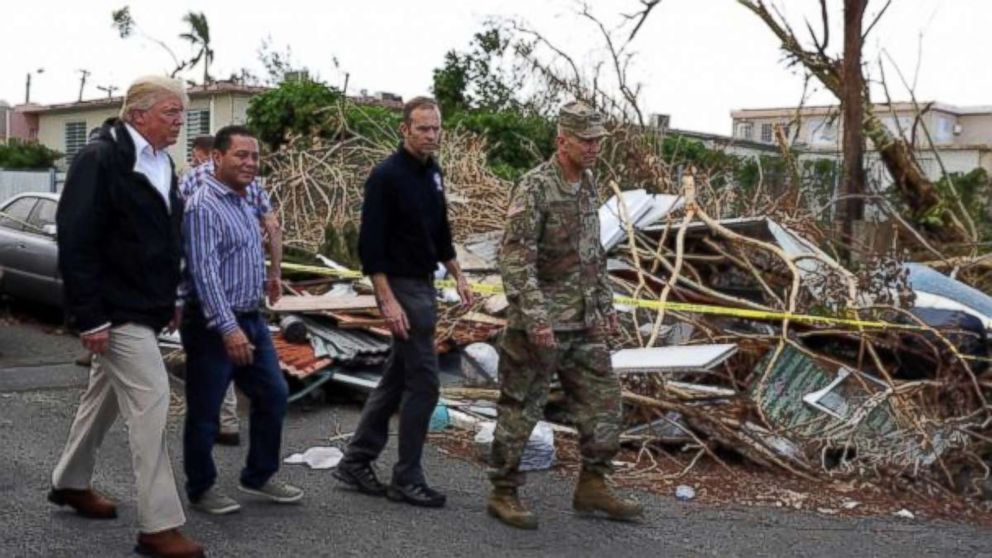
Still, many Puerto Ricans, especially in the island’s interior, still have only intermittent power. Residents who spent months desperately searching for water, fighting off dehydration under a punishing sun, were shocked by the recent discovery of thousands of water bottles on a former Army base, sitting untouched a year after Maria hit.
The president’s own refusal to acknowledge the scope of the damage and admit the shortcomings of the administration’s response makes matters worse. It is critical that we learn from these mistakes if we’re to prevent this from ever happening again on U.S. soil.
Make no mistake: our government knows how to do better. As former ambassadors, we have seen the awesome power of the U.S. government leading through a crisis. When Hurricane Matthew slammed into Haiti in 2016, we witnessed agencies mobilize across the government -- prepositioning personnel and resources and establishing logistics for distributing supplies to cut down on costly delays in reaching those in need.
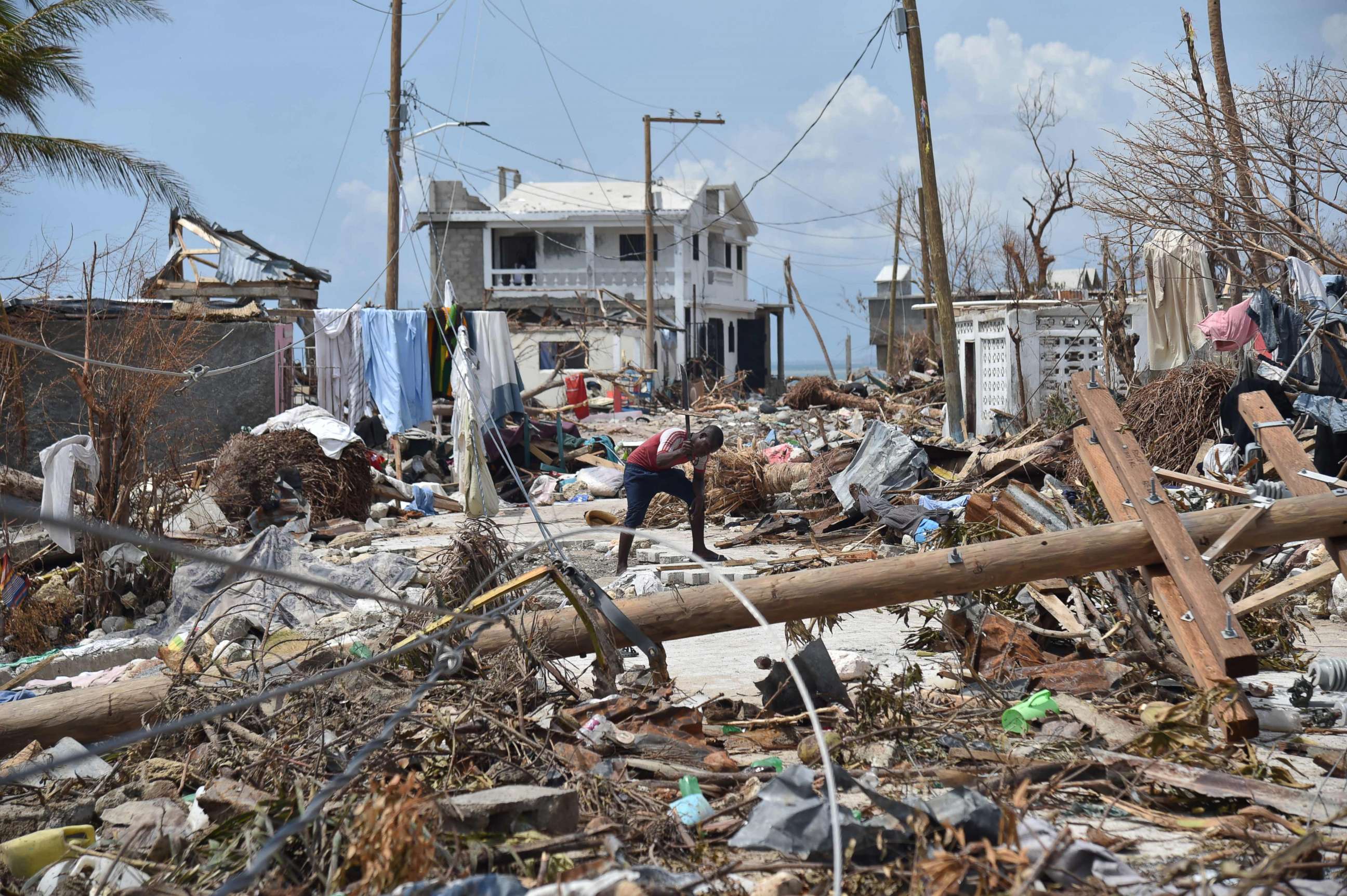
We saw the military deploy helicopters to assess the damage and deliver relief to areas where roads were blocked or broken. Airlift capacity is mission critical, particularly to reach people in remote terrain.
Yet it took weeks before Puerto Rico saw the kind of air support that Texas and Florida had within days of Hurricanes Harvey and Irma, respectively.
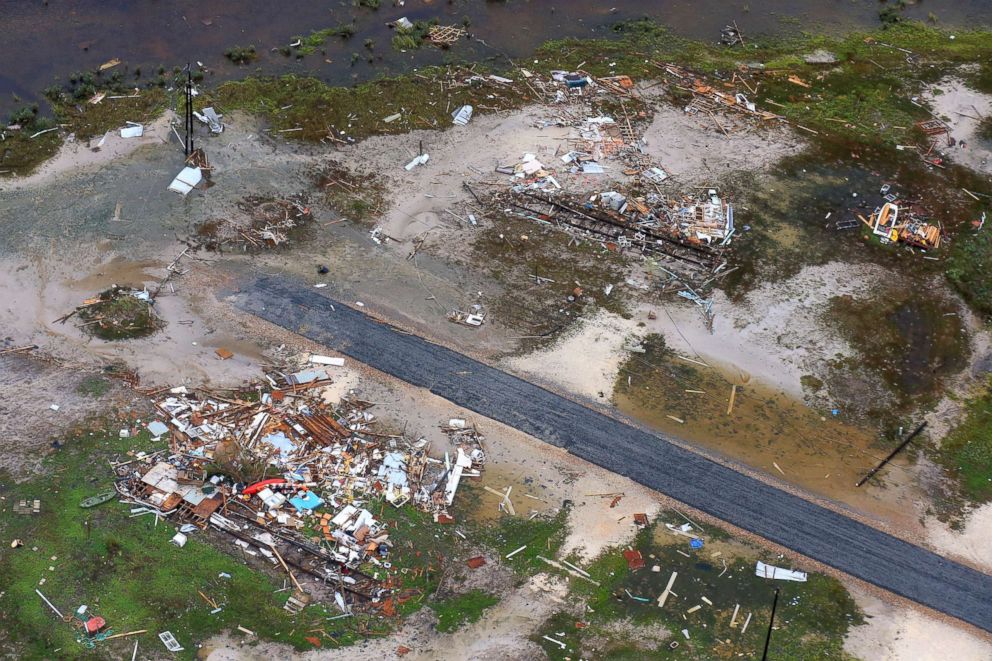
Effective disaster response requires leadership from the White House, which was sadly lacking in the days and weeks before and after Maria hit.
Yet into the void left by the federal government, local heroes stepped up. Mayors took on the role of first responders, ferrying supplies and shepherding those in danger to shelter.
Businesses, artists, chefs and ballplayers rushed in to feed the hungry and begin rebuilding. And the people of Puerto Rico showed the power of community and a resilience of spirit that is an inspiration to us all.
In Caño Martín Peña, a San Juan barrio with a rich history of activism, hundreds of houses had their roofs torn off by the storm. Residents distributed more than 800 tarps to provide temporary cover and led the drive to fix the community’s roofs themselves.
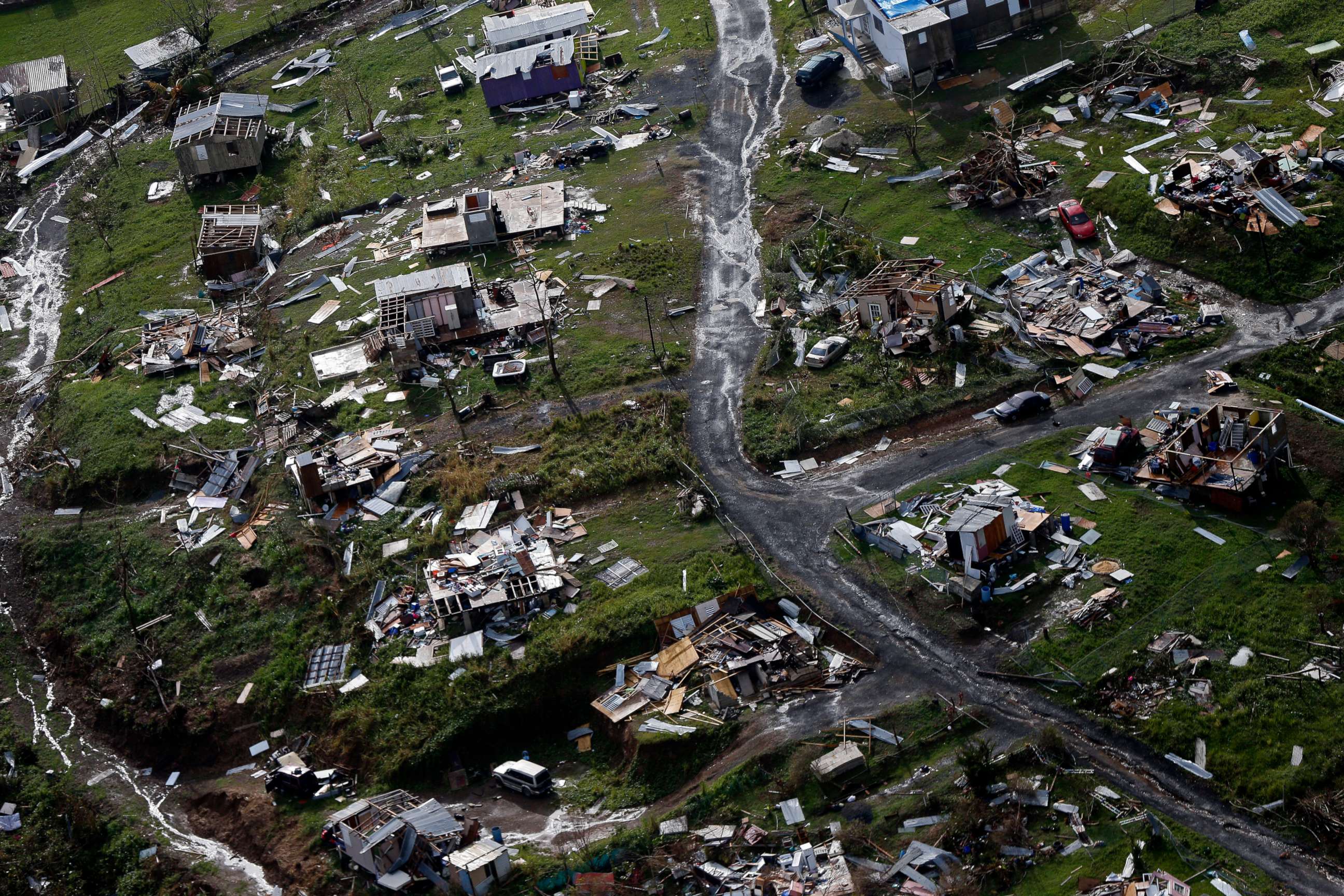
Philanthropy, too, did its part. The Open Society Foundations was proud to be part of a response from foundations across the country: launching an initiative to pair mayors on the mainland with their counterparts on the island to show solidarity and share expertise; helping to educate Washington on the challenges facing Puerto Rico; and launching a pipeline for tomorrow’s leaders with ideas for accelerating the island’s rebirth.
The Open Society Foundations joined with the Rockefeller and Ford foundations to support the creation of a resiliency commission, which made a number of short-term and long-term recommendations for building Puerto Rico back stronger than before.
There is still much that Washington could do to help aid Puerto Rico’s recovery. Congress should create a recovery authority to monitor how federal aid is spent. To date, just 10 percent of the $30 billion approved for Puerto Rico has been disbursed, fueling deep distrust not only with the feds but with Puerto Rico’s government as well.
Legislators should grant Puerto Rico tax parity with the mainland -- extending the Child Income Tax Credit and Earned Income Tax Credit for those on the island, and creating incentives for businesses to come to the island, reversing recent decisions that have placed barriers to their entry.
Puerto Ricans need Medicaid funding parity to prevent nearly half the island from losing temporary support granted in the wake of the storm.
We know from experience what the U.S. government can do in a crisis. We have an opportunity to learn from the failures in Puerto Rico, to invest more in resilience and economic growth, to help fuel the island’s repair and rebirth.
The incredible outpouring of support from so many Americans show us that the will is there to build a better Puerto Rico -- we just need the leadership to make it happen.
Aponte, a Puerto Rico native, served as acting assistant secretary of state for Western Hemisphere affairs and as U.S. ambassador to El Salvador. Gaspard, former U.S. ambassador to South Africa, is president of the Open Society Foundations.




